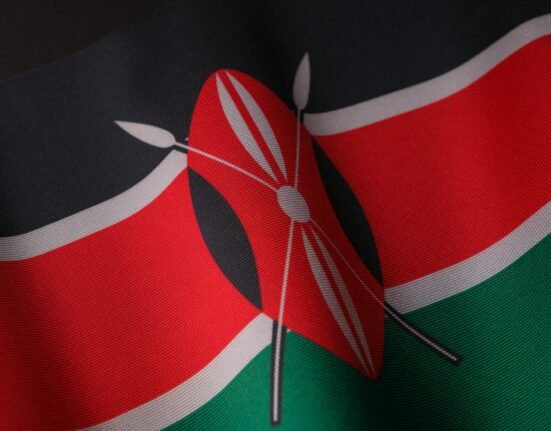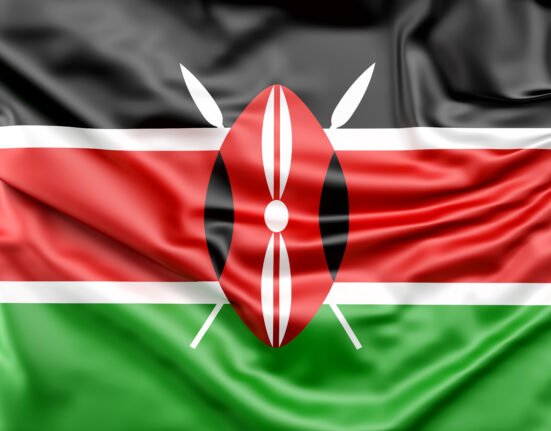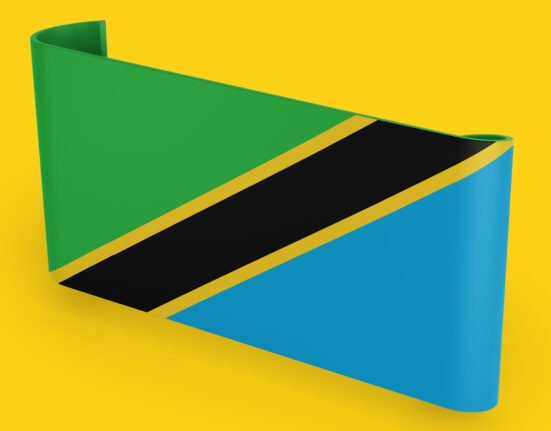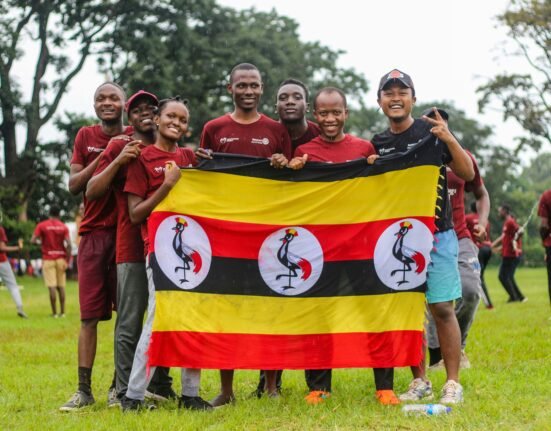PPATK data reveals potential misuse of government support funds among social aid beneficiaries
Massive Data Screening Uncovers Alarming Trends
The Indonesian Ministry of Social Affairs has raised serious concerns after identifying 603,999 social aid recipient households potentially involved in online gambling activities. This revelation follows a deep data screening exercise by the Financial Transaction Reports and Analysis Center (PPATK), which analysed over 32 million individual records from beneficiaries of government welfare programs.
Initially, 656,543 families were suspected of engaging in illegal gambling. Upon verification and removal of duplicate or erroneous data, the number was adjusted to 603,999 households, all of which are now being flagged in the National Social Economic Data (DTSEN) system for further investigation.
Welfare at Risk: Integrity of Social Aid Distribution Challenged
The flagged households are recipients of two of Indonesia’s major social support schemes—the Family Hope Programme (PKH) and the Basic Food Assistance (Sembako). These programs are designed to assist low-income families in meeting basic needs, improving nutrition, and securing education and healthcare access.
Minister of Social Affairs Saifullah Yusuf stated that this misuse of aid funds could significantly undermine the government’s efforts to reduce poverty and enhance welfare. “Social aid must be protected from misuse, especially activities that contradict the spirit of community development and social responsibility,” he emphasized.
Implications and Policy Response
In response to the findings, the Ministry has initiated a phased review process. As of Q2 2025, nearly 38% of the flagged recipients have already been removed from the welfare rolls, suggesting that many of the flagged individuals were no longer eligible or failed verification checks.
The remaining 375,951 flagged beneficiaries are set to undergo a full evaluation in Q3 2025, during which time the Ministry will determine their eligibility based on updated assessments, including potential links to illicit financial activity.
While no immediate legal action has been announced, the Ministry has reaffirmed its commitment to transparency, data accountability, and protecting public funds. Collaboration with law enforcement and anti-corruption agencies remains an option should any serious breaches be identified.
Gambling and Poverty: A Dangerous Intersection
This case underscores a larger issue within Indonesia and other emerging economies: the increasing penetration of online gambling among low-income communities. Easy access to mobile devices and digital payment systems, coupled with aggressive gambling marketing, has created a vulnerable segment of users who may gamble out of desperation or misinformation.
According to the PPATK, financial records of flagged users showed recurring transactions to known gambling platforms, with patterns indicative of habitual or risky behavior. The center emphasized the importance of continued monitoring and inter-agency collaboration to ensure social protections are not being exploited.
Conclusion
The Ministry’s revelation marks a critical moment for Indonesia’s social welfare system. It brings into focus the urgent need for digital literacy, financial monitoring, and welfare reform, especially in an era where illicit digital activities are more accessible than ever. Moving forward, the Indonesian government is expected to tighten oversight mechanisms, introduce behavioral eligibility filters, and work more closely with institutions like PPATK to protect the integrity of social assistance programs.























